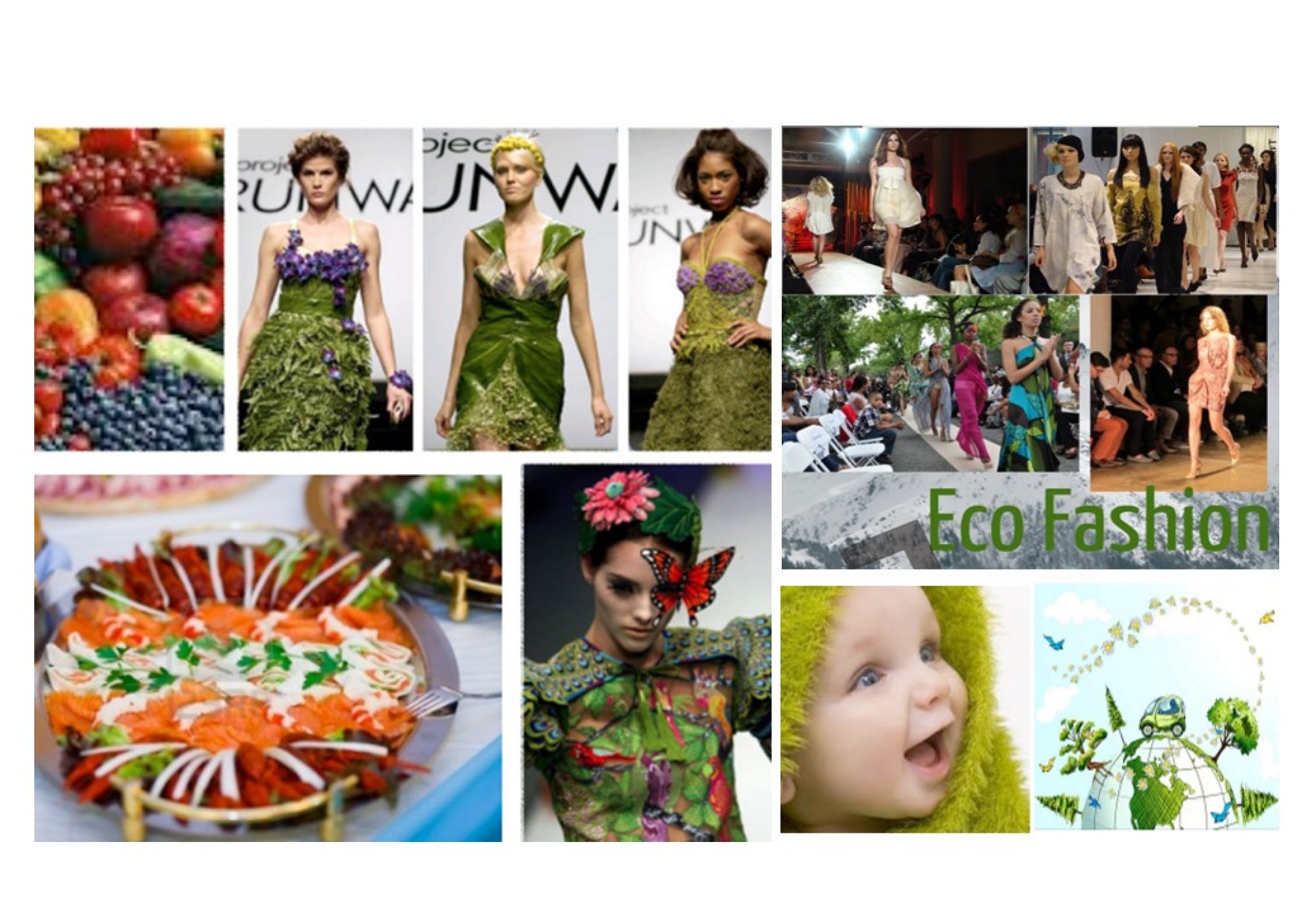EcoRunway (ER) founded 2013, is a fast growing international trade alliance. The ER serves as the link to give Professionals, Enterprises, and Organizations an international platform, where they can easily connect and exchange knowledge.
About Us
We are a global network of professionals, enterprises, and organizations.
We exchange critical information and raise awareness.
We incorporate charitable planning into our business. We embrace the concept that winning companies do not only provide strong returns to their shareholders, but also share their successes with communities where we operate and our employees. We are very proud of our efforts.
Our unique approach and obvious passion make an impact everyday – everywhere around the world. We inspire, identify and empower professionals, and consumers. We bring individuals and organizations together to take action. We:
– collaborate with other business leaders
– raise awareness
– deliver workforce training and development programs
– help charities and foundations raise much needed funds
– connect individuals, enterprises, organizations, and communities
– empower individuals with knowledge
– create and manage partner projects
– share news and exchange critical information
– create shared value and opportunities

EcoRunway events bring some of the most talented Fashion Designers and Food and Beverage Artisans together to debut their latest innovations to celebrate the practical use of Eco Innovation in our daily lives.
It is amazing what a group of committed people can do! We are proud of our contributions and we are making a difference!
Eco Innovation
Consumers, sensitive to the environmental quality of goods and services, are responding to Eco products and demanding product-specific information that would allow more informed purchasing decisions. A number of helpful guides to choosing Eco products have been published by consumer and environmental organizations and even by governments, further amplifying the role of consumers in shaping the market for Eco goods.
Many consumer surveys suggest that there is a willingness to pay for products with lower environmental impacts. This consumer-led change is closely associated with policies and programs to introduce Eco-labels or Environmental product declarations and government supported systems of Eco Labeling’ and Eco Consumerism.
We focus on improving a product, development of solutions that change not only the product but also the whole product system, including the way the product is produced, used and disposed of. For example, if a product can be improved by ensuring that its constituent materials are collected and re-used/recycled at end-of-life (a common Eco design outcome) then changes may be needed in the organization of the system through which that product is distributed and sold to consumers. There is a need to be effective and efficient Life Cycle Assessment (LCA), mechanisms for collecting products, and separating their constituent materials, at the end of their first life.
We address the selection of materials for the product – materials that can be recycled. The identification of components that may be able to be refurbished/reused at end of life. Way the product is assembled (so that it can be efficiently disassembled at end of life). Mechanisms for collecting the used product – such as free postage return, collection boxes at retailers, offering trade-in discounts on products returned to the manufacturer, changing from sales to leasing of products etc… Effective new uses for recycled materials or refurbished components, and more.
A change in the market for consumer goods, moving from price driven to quality driven (valuing reliability and technical functionality), is a feature of the transformation of post-war industrialized economies; a transformation strongly associated with the growth of industrial design.
As government attention to the environmental impacts of products, and consumer demand for greener goods, became more obvious, environmental impact became a new dimension of product quality and a new competitive terrain for manufacturers. Experimentation and research in design for the environment, more commonly shortened to ‘Eco Design’ has grown within companies and design research organizations.
Many governments have invested substantially in industry linked programs to develop Eco Design methodologies and to demonstrate the potential to deliver Eco Innovative products through design. These programs have produced new Eco Design methodologies and the outcomes generated considerable attention from industry and government policy makers.
